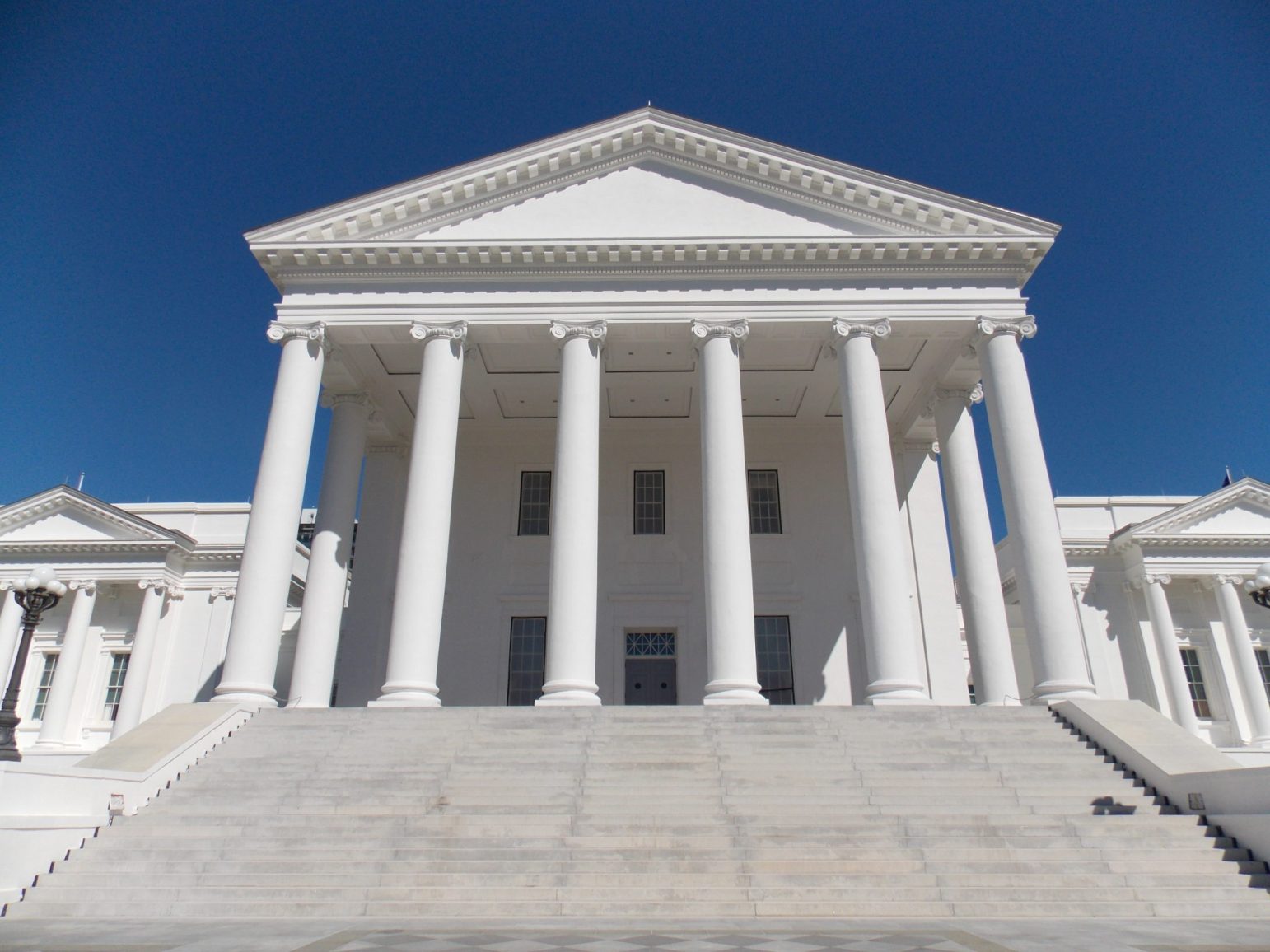This article by Simon Davis-Cohen was published in the Scalawag on November 13, 2019.
Last week’s elections delivered an overwhelming victory for progressives in Virginia, where Democrats solidified a majority in the General Assembly and candidates in local races followed suit. In Charlottesville, where the deadly white nationalist “Unite the Right” rally took place two years ago, voters elected a slate of progressive candidates to the city council, including an activist, Michael Payne, who is endorsed by the Democratic Socialists of America.
But the gap between electing progressive officials and enacting progressive policies is a wide one. An ongoing court battle over the Confederate statues at the center of the white nationalist rally shows how a little-known legal rule has been used to hamstring local democracy across the state.
On September 13, 2019, Charlottesville, Virginia Circuit Court Judge Richard Moore overruled the Charlottesville City Council’s decision to remove its public statues of the Confederate generals Robert E. Lee and Stonewall Jackson.
The council had voted to remove the Lee statue in February 2017 and later voted to remove the Jackson statue. As the council voted to remove the monuments, the racist legacy of the Southern generals came into focus.
A national movement to remove Confederate monuments was gaining momentum after Dylann Roof’s 2015 Confederacy-inspired massacre at the African American Mother Emanuel AME Church in Charleston. Following the white supremacist killings, statutes of Lee were targeted for removal. Many of the monuments had been erected by reactionaries in the early 1900s, by a movement to justify the Confederacy and reframe the South’s defeat in the Civil War. However, the myth that Lee somehow “abhorred slavery” has by now been intensely challenged. A piece in the The Atlantic in 2017 effectively debunked the myth, by making clear he held white supremacist views and treated his slaves brutally.
Two months after the council’s decision to remove the Lee statute, a small group of local residents sued the city of Charlottesville, arguing the local government had overstepped its authority.
That August, white nationalists violently marched on the city at the “Unite the Right” rally to defend the statue. The rally would lead to the death of 32-year-old protester Heather Heyer, and two state officers who died in a helicopter crash while patrolling the rally.
In this context, Judge Moore’s ruling dealt an obvious blow to those seeking to challenge the rising tide of white supremacy. But there’s another, critical implication that has received less attention. This lawsuit reaffirms a rule that’s been thwarting progressive policy-making by cities and counties across the country.
(To read the rest of this article at its original source please click HERE.)

